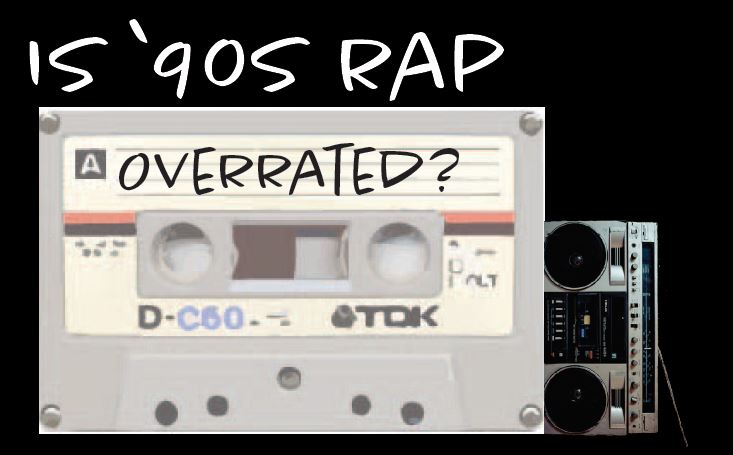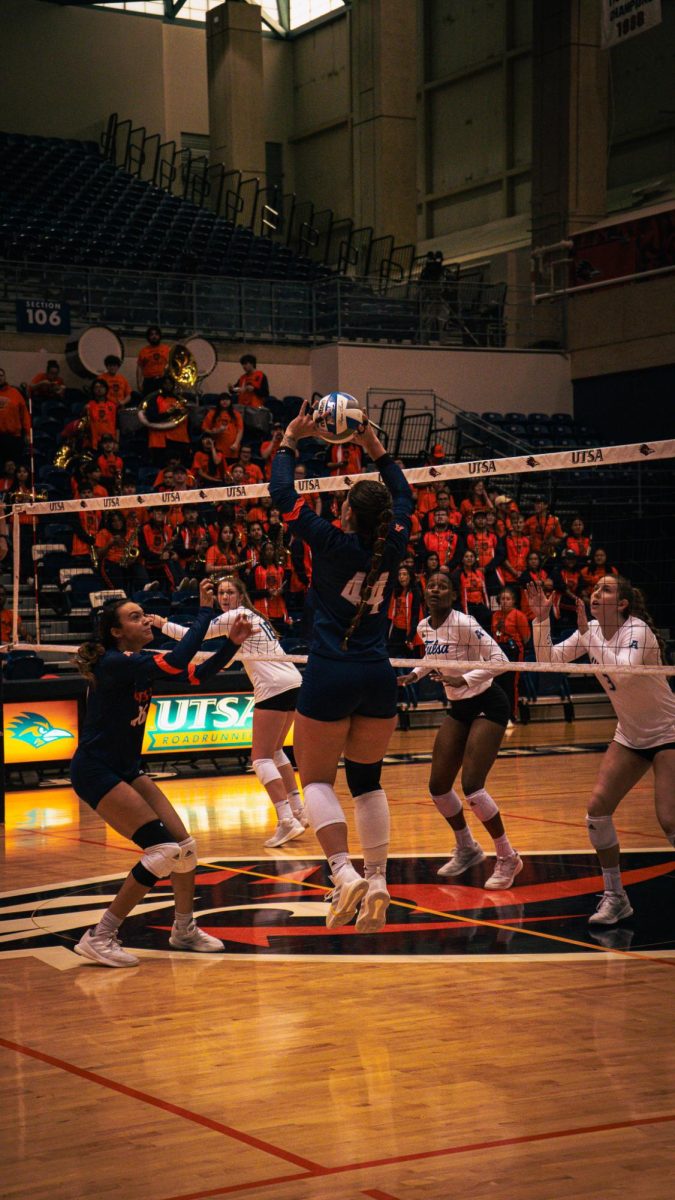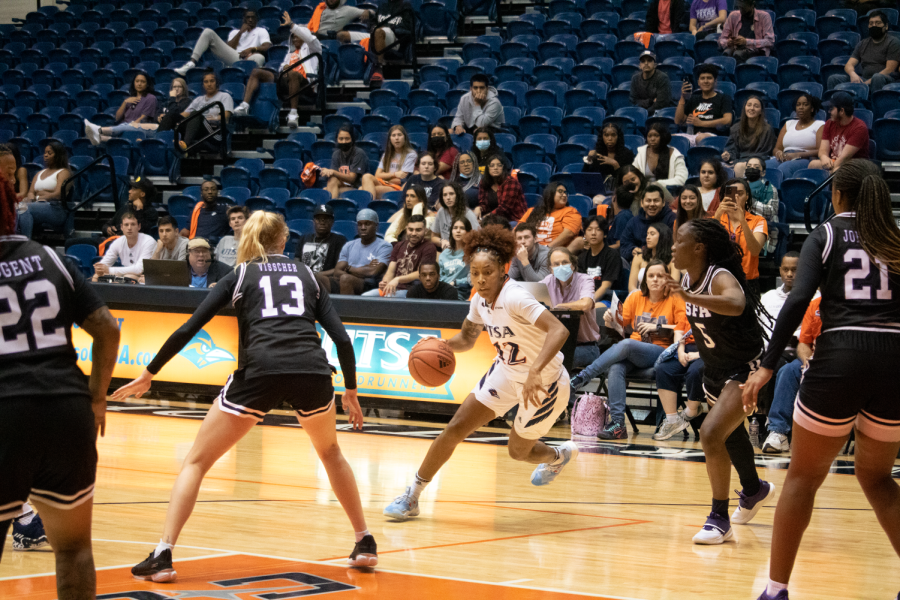In an interview with TIME magazine, well-known rapper Vince Staples weighed in on why he thinks ‘90s rap is overrated.
“Tupac and Biggie, they were the golden era. There’s not a 50 Cent in the ‘90s. They didn’t have a Kanye.”
Having recently released “Big Fish Theory,” Vince Staples is one of my favorite contemporary rappers. But I also have been known to mix up my playlist with some old school rap. If you’ve ever listened to Biggie’s “Hypnotize” and didn’t groove out to it, I’m sorry you don’t enjoy life as much as me.
I don’t feel the need to argue whether the ‘90s were overrated, but I stress that it doesn’t matter. If you think Gucci Mane is the best rapper alive and listen to no one else, that’s up to you.
The ‘90s were, however, an important and revolutionary time for rap.
After the ‘80s had championed trailblazing rap groups such as Run- DMC and N.W.A., the ‘90s witnessed the maturation of rap. From the unapologetically brutal, boom-bap style of Wu- Tang Clan to the socially- conscious and poetic bars of Mos Def, rap in the ‘90s sounded drastically different.
By 1994, Beastie Boys had released “Ill Communication,” an album featuring the punk- rap classic “Sabotage,” which eclipsed the rest of the predominantly psychedelic, acid-washed tone of the rest of the album.
That same year, The Notorious B.I.G. released his first studio album “Ready to Die.”
As the title suggests, Biggie displays his demons in his lyrics, a contrast from the usually braggadocios, silver- tongued playboy he’s known as. “Everyday Struggle” and “Suicidal Thoughts” feature lyrics about drugs, women and sordid recounts of robberies and shootings. Interwoven are timeless tracks such as “Juicy” and “Big Poppa” that lighten the mood and bring you back to the party.
People like to say the ‘90s was all about Biggie and 2pac, but it wasn’t. To reduce ‘90s hip-hop to Biggie and Pac dismisses all the other notable contributors to hip-hop who still influence today’s music.
Albums such as Nas’ “Illmatic” brought a new level of nuance to hip-hop. The ten-track album’s tight production and narrative- driven lyrics make “Illmatic” one of the best albums.
Long before the ‘90s, DJs and hip-hop producers were using a technique known as sampling, taking audio samples from other songs (or even film and TV) to make an entirely new composition.
A Tribe Called Quest’s “Low End Theory” beautifully blends jazzy bites from Art Blakey and the Jazz Messengers with its mellow drums. In its own stylistic element, Wu-Tang Clan sampled old Kung fu movies, ultimately inspiring the group’s name from the film “Shaolin and Wu-Tang.”
Sampling cultivated an appreciation for long- forgotten deep cuts of early records, and production masterminds such as DJ Shadow and Pete Rock flexed their musical acumen through their sampling choices.
Back in the ‘90s, sampling was criticized as ripping
off older artists. However, sampling songs has always been (and always will be) a defining feature of hip-hop.
Even today, artists such as Kanye West and Kendrick Lamar use sampling in their music. It’s become so well- accepted, most hip-hop producers will use some form of sampling. Websites such as Whosampled.com are dedicated to archiving the depth of sampling across all genres.
Sampling is just one example of how the 90s influenced today’s music. However, many teenagers born in the 2000s or later forget rap music has been around for decades. People think Nicki Minaj is a pioneer but fail to acknowledge artists such as Lauryn Hill and Lil’ Kim who were her inspirations.
Jay-Z is way more famous now than he was in the ‘90s, having released “4:44” this June, Dr. Dre is vastly more successful now than in the ‘90s, having signed artists such as Kendrick, 50 Cent and Eminem to his label.
Today, hip-hop is immensely successful thanks to the commercialization and branding of rap icons from the ‘90s who paved the way for up-and-coming artists such as Vince Staples. While I believe modern hip- hop is still innovative and groundbreaking, let’s not forget the ‘90s were pretty bumping.












